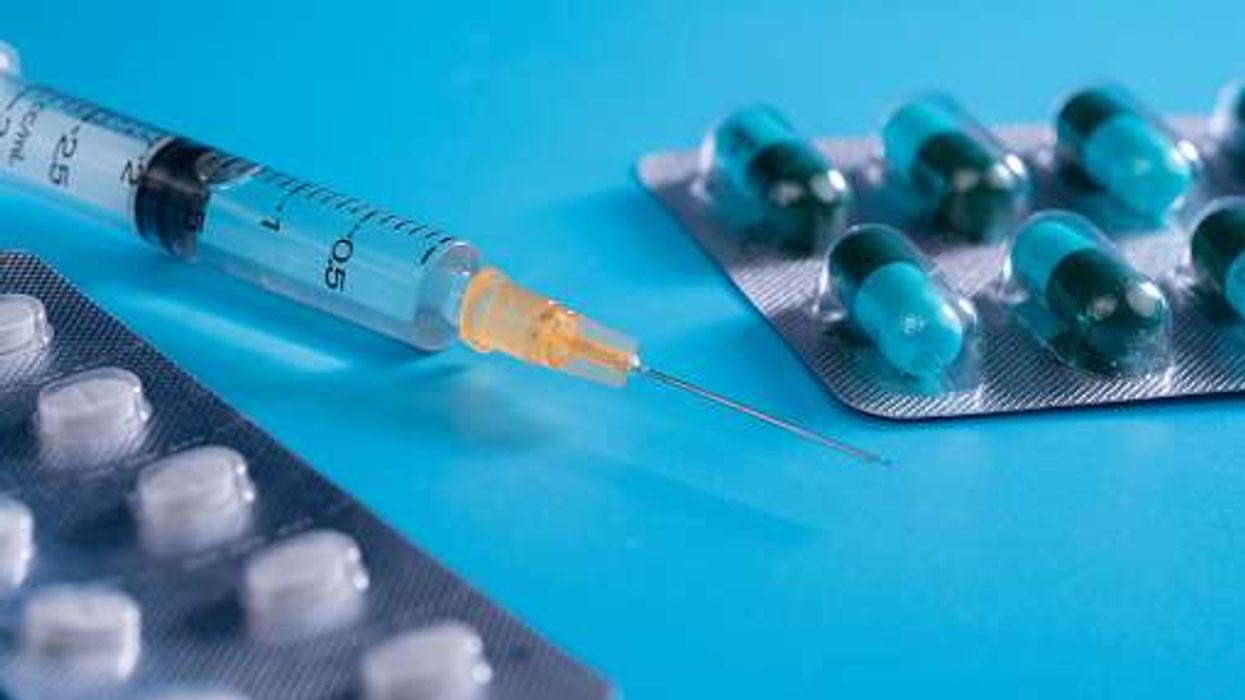Ongoing illness after infection with Covid-19, sometimes called 'long Covoid', may not be one syndrome but possibly up to four causing a rollercoaster of symptoms affecting all parts of the body and mind, doctors said on Thursday (Oct 15).
In an initial report about long-term Covid-19, Britain’s National Institute for Health Research (NIHR) said one common theme among ongoing Covid patients - some of whom are seven months or more into their illness - is that symptoms appear in one physiological area, such as the heart or lungs, only to abate and then arise again in a different area.
“This review highlights the detrimental physical and psychological impact that ongoing Covid is having on many people’s lives,” said Dr Elaine Maxwell, who led the report.
Many thousands of people worldwide have linked up on social media platforms and online forums to share their experiences of ongoing Covid-19 symptoms. Some call themselves 'long haulers' while others have named their condition 'long Covid'.
According to UK-based patient group LongCovidSOS, data from a King’s College London-devised symptom tracker app shows that 10 per cent of Covid-19 patients remain unwell after three weeks, and up to 5 per cent may continue to be sick for months.
Maxwell, who presented the findings of the 'Living with Covid' report in an online media briefing, said health services are already struggling “to manage these new and fluctuating patterns of symptoms and problems”.
She and her co-authors urged patients and doctors to log and track symptoms so that health researchers can learn more about the condition and how to ease it as swiftly as possible.
“Despite the uncertainties, people need help now,” she said. “We need to collect more data.”
For this initial report, Maxwell’s team held a focus group with 14 members of a Facebook group called Long Covid.
Their testimony suggested ongoing Covid can be cyclical, Maxwell said, with symptoms fluctuating in severity and moving around the body including around the respiratory system, the brain, cardiovascular system and heart, the kidneys, the gut, the liver and the skin.
“There are powerful stories that ongoing Covid symptoms are experienced by people of all ages, and people from all backgrounds,” the report said.
Maxwell said an urgent priority is to establish a working diagnosis recognised by healthcare services, employers and government agencies to help patients get support.
“While this is a new disease and we are learning more about its impact..., services will need to be better equipped to support people with ongoing Covid, as emerging evidence is showing there are significant psychological and social impacts that will have long term consequences,” the report said.











